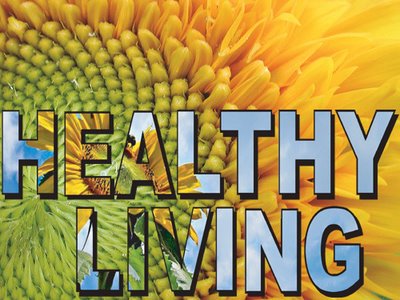 Factors Associated with Increased Risk of Breast Cancer
Factors Associated with Increased Risk of Breast CancerHormone replacement therapy/hormone therapy
Based on solid evidence, combination hormone replacement therapy (HRT; estrogen-progestin), also called hormone therapy (HT), is associated with an increased risk of developing breast cancer. The evidence concerning the association between estrogen-only therapy and breast cancer incidence is mixed.
Magnitude of Effect for Combination Therapy: Approximately 24% increase in incidence of invasive breast cancer.
Study Design: Randomized controlled trials. Internal Validity: Good.
Consistency: Good. External Validity: Good.
Magnitude of Effect for Estrogen Only: Cannot determine because of mixed evidence.
Study Design: Randomized controlled trials. Internal Validity: Good.
Consistency: Poor. External Validity: Not applicable.
Ionizing radiation
Based on solid evidence, exposure of the breast to ionizing radiation is associated with an increased risk of developing breast cancer, starting 10 years after exposure and persisting lifelong. Risk depends on dose and age at exposure, with the highest risk occurring during puberty.
Magnitude of Effect: Variable, but approximately a sixfold increase in incidence overall.
Study Design: Cohort or case-control studies. Internal Validity: Good.
Consistency: Good. External Validity: Good.
Obesity
Based on solid evidence, obesity is associated with increased breast cancer risk in postmenopausal women who have not used HRT/HT. It is uncertain whether reducing weight would decrease the risk of breast cancer.
Magnitude of Effect: The Women’s Health Initiative observational study of 85,917 postmenopausal women found body weight to be associated with breast cancer. Comparing women weighing more than 82.2 kg with those weighing less than 58.7 kg, the relative risk (RR) was 2.85 (95% confidence interval [CI], 1.81–4.49).
Study Design: Observational study. Internal Validity: Good.
Consistency: Good. External Validity: Good.
Alcohol
Based on solid evidence, exposure to alcohol is associated with increased breast cancer risk in a dose-dependent fashion. It is uncertain whether decreasing alcohol exposure would decrease the risk of breast cancer.
Magnitude of Effect: The RR for women consuming approximately four alcoholic drinks per day compared with nondrinkers is 1.32 (95% CI, 1.19–1.45). The RR increases by 7% (95% CI, 5.5%–8.7%) for each drink per day.
Study Design: Case-control and cohort studies. Internal Validity: Good.
Consistency: Good. External Validity: Good.
Major inheritance susceptibility
Based on solid evidence, women who inherit gene mutations associated with breast cancer have an increased risk.
Magnitude of Effect: Variable, depending on gene mutation, family history, and other risk factors affecting gene expression.
Study Design: Cohort or case-control studies. Internal Validity: Good
Consistency: Good External Validity: Good.
source: National Cancer Institute
